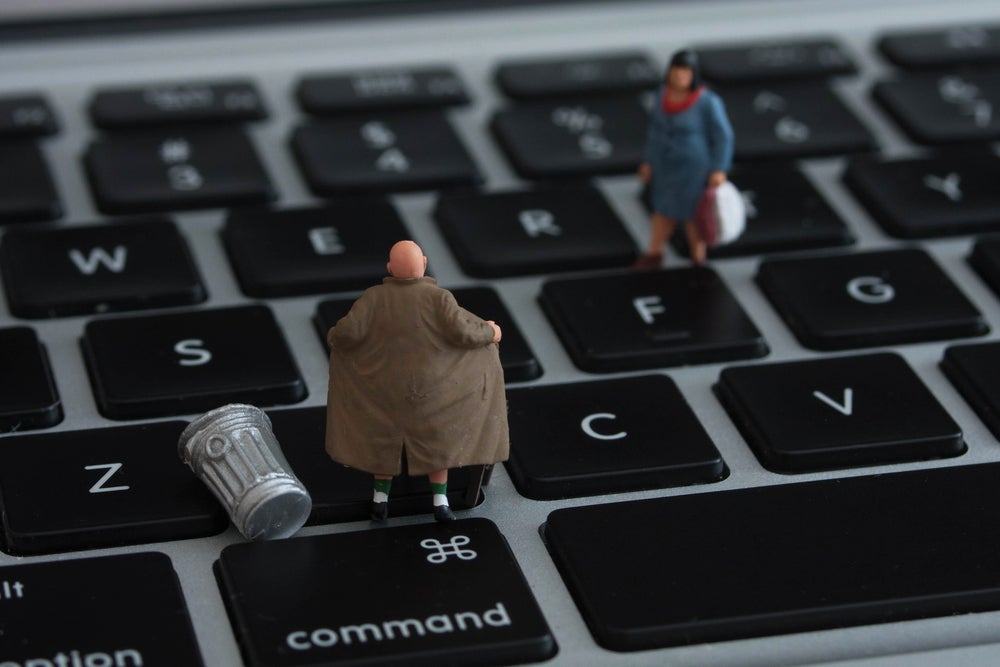When the metaverse first rose to prominence in 2021 at Facebook’s Connect 2021 event, it is unlikely that Zuckerberg himself foresaw exactly how obscure its dark side could be.
Police in the UK are currently undertaking the first investigation of its kind in the UK: the sexual assault in the metaverse of a girl under the age of 16.
Yet this is not the first report of such an incident.
In 2022, Psychotherapist Nina Jane Pale wrote of what she called the “surreal nightmare” of being “virtually gang-raped” in Horizon Venues, which has now integrated into Horizon Worlds. She describes how, in less than a minute, her avatar was ambushed by a group of males. Furthermore, an anonymous beta tester claimed her avatar had been “groped by a stranger,” whilst others documented simulated groping and ejaculating, as well as verbal harassment.
Such instances are reminiscent of the disturbing trend within Grand Theft Auto V in 2014, in which online players virtually raped other player’s avatars.
Is it “really rape”?
If the metaverse itself may be perplexing to some, then it sadly comes as no surprise that sexual assault within it has severe issues in being received with any validity.
How well do you really know your competitors?
Access the most comprehensive Company Profiles on the market, powered by GlobalData. Save hours of research. Gain competitive edge.

Thank you!
Your download email will arrive shortly
Not ready to buy yet? Download a free sample
We are confident about the unique quality of our Company Profiles. However, we want you to make the most beneficial decision for your business, so we offer a free sample that you can download by submitting the below form
By GlobalDataThe New York Post reported various assaults in the metaverse in an article published in 2022. Readers responded with a damning lack of empathy. “This is hilarious” one commented, while another described the story as “a bunch of horse manure.”
Yet a 1993 article published by Julian Dubbell reported on how people behind avatars that were sexually assaulted within a virtual community felt emotions akin to those victims of physical rape.
This was exactly the case with the girl whose avatar was attached to the metaverse. Patel, the victim of a virtual gang rape two years ago, described how, “Physiologically, I responded in that fight or flight or freeze mode.” The anonymous beta tester noted how her assault “happened so fast” that she “kind of disassociated.”
Ultimately, the name of the act of sexual assault in the metaverse is in potential danger of overshadowing the very real trauma response from its victims, and the nature of the ridicule threatens the need for action from game developers and regulators. It equally poses threats to young children, for whom the difficulty in distinguishing what’s real and what’s make-believe is especially pertinent.
Safety in the metaverse
The nascent nature of the metaverse makes these dangers even more haunting; while predators may use Instagram or TikTok as an avenue into real life, the line between virtuality and reality is so blurry that crimes are not received with validity. Dangers online have existed since the concept of ‘online’ existed, with children and teenagers in schools warned of the perils they may run into on social media. But with a new world comes new rules, and a sentiment that the laws of reality disappear. At this moment, the rules and regulations of the metaverse appear a work in progress.
ROBLOX has been criticized for the presence of sexually explicit games and advertising imagery within it, and for allowing microtransactions.
While the company set up teams to monitor child safety and began tracking chats to prevent abuse, more must be done. This is particularly true given that metaverses are not yet mainstream.
The experience of the girl under 16 in the UK, the UpForLife researcher, and Nina Jane Patel all point to a responsibility from metaverse developers. They must view moderating behaviour as foundational; harmful actions will only increase as more consumers sign up to platforms.
Furthermore, as harmful actions increase in the metaverse, who is to deny the potential of these very actions seeping into reality? Let alone the reputation of a company’s metaverse being impacted, the safety of its users suddenly hangs in the balance. Sex crimes, in both virtual reality and real life, could become more common in the metaverse if left unchecked.






Related Company Profiles
ROBLOX Corp
TikTok